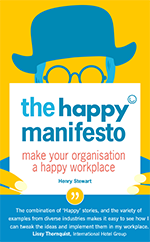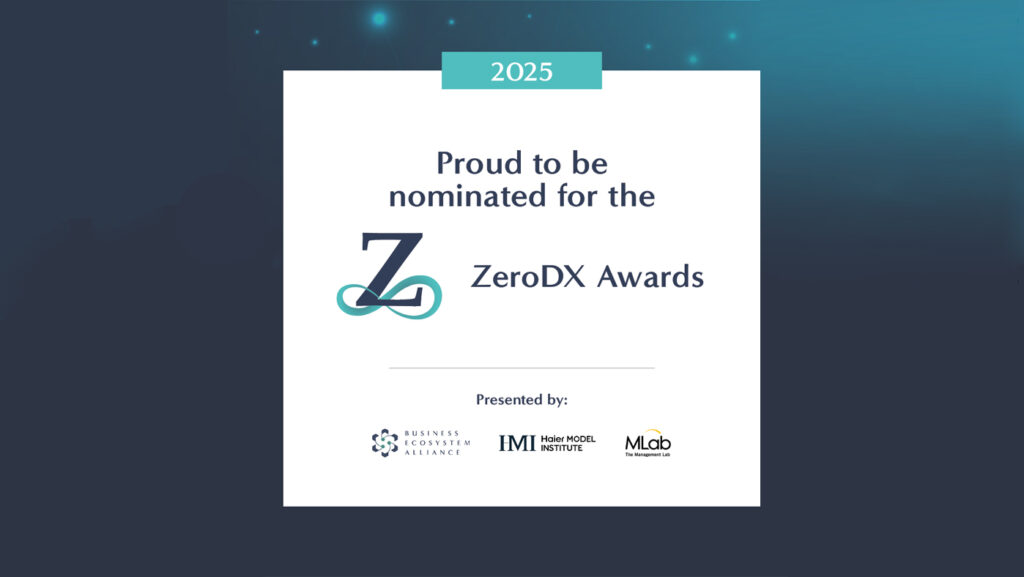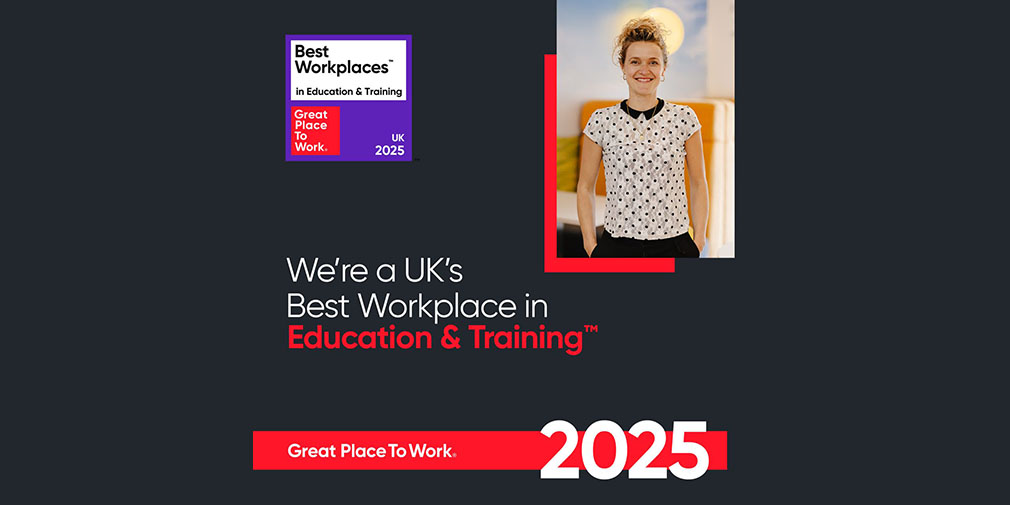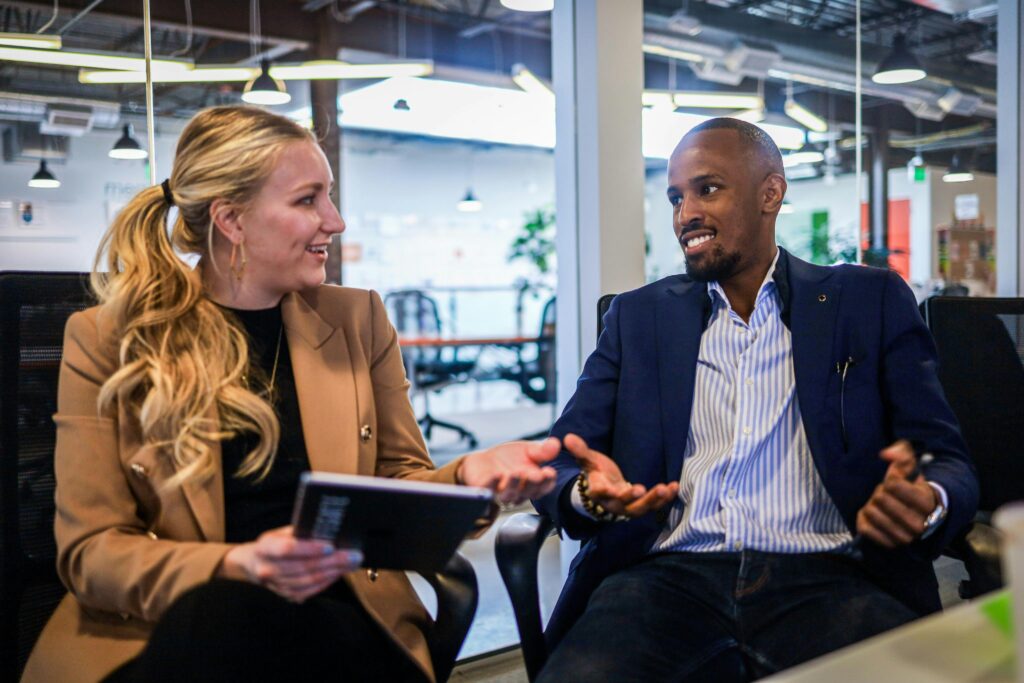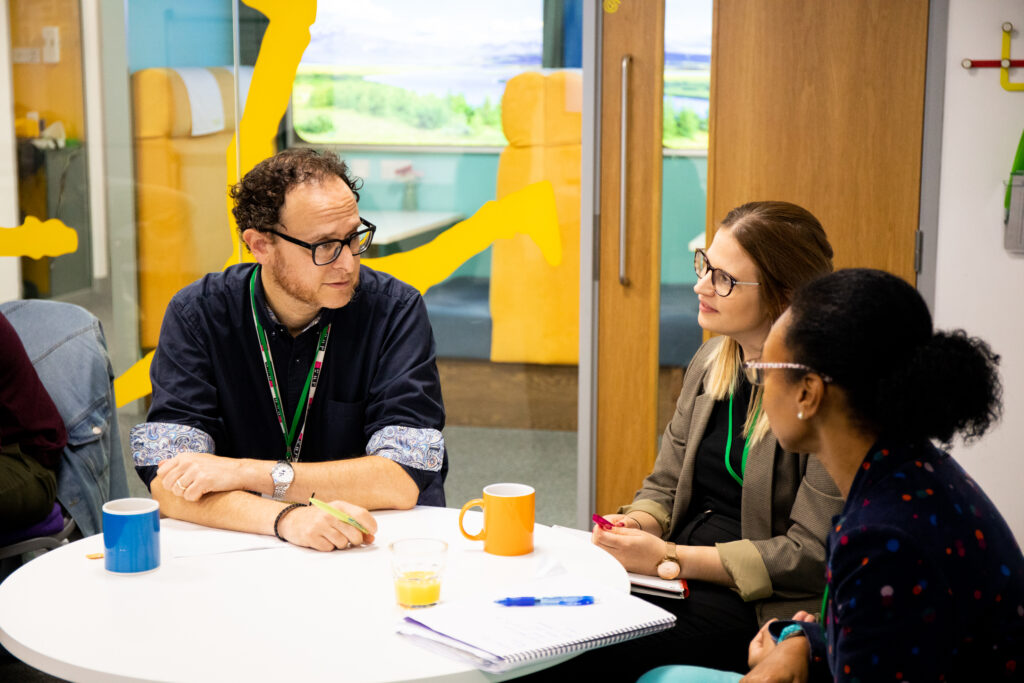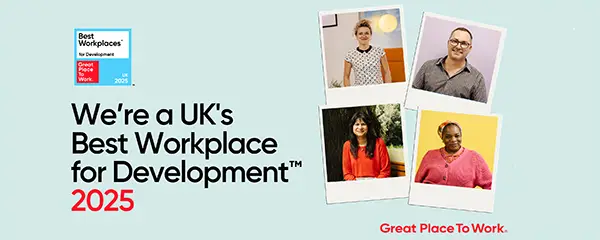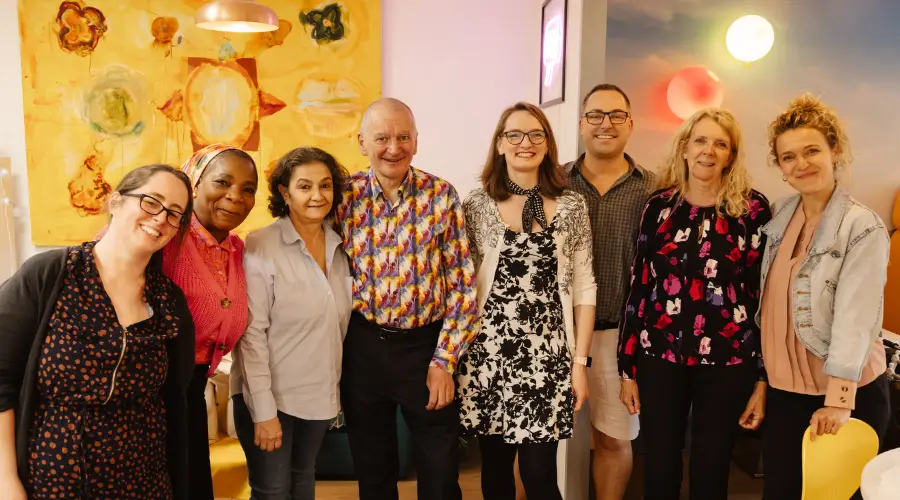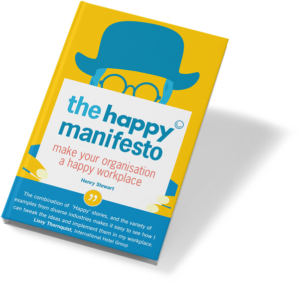1. Company values should reflect what makes the organisation unique
Every company claims to possess things like integrity, honesty, teamwork and efficiency. This is why Dom Monkhouse – who established the UK divisions of web-hosting businesses, Rackspace and Peer 1 – cautioned against appointing these abstract ideas as core company values.
Instead, Dom said, look for something more particular that speaks to what makes your organisation unique. The more explicit and tangible it is, the better suited to being made a core company value.
2. Listen to your employees
Corporate Rebels co-founder Pim de Morree spends his time visiting and learning from the world’s most inspiring workplaces. He shares everything they learn via the Corporate Rebels blog and in appearances at conferences around the world.
An early breakthrough for de Morree and co-founder Joost Minnaar was to listen to employees. Could it be any simpler? The question, “What is it that you want to make your job more fun?” can lead to genuine innovation within the workplace.
Instead of making elaborate plans in a setting that’s removed from the concrete reality of the workplace, just sit down and discover the values and desires of the people who make the organisation what it is.
3. Measure the intellectual, emotional and financial return of the business
Webmart’s Simon Biltcliffe explained that maximising competitive advantage requires the measurement of intellectual and emotional returns along with financial dividends. You want to make a full return on the labour employed, said Simon, and doing this means taking every individual seriously.
The converse is also true – people are increasingly looking for work that maximises what they’re good at and lets them do what they love while still offering a good wage. Companies that offer all three greatly improve their competitive advantage.
4. Becoming more human at work means being open to mistakes
For workplaces to become more human, leaders need to look at who they are and how they behave. This what Lawsons chairman Simon Lawson believes, citing humility as an indispensible attribute of good leaders.
“There’s lots of examples of companies who just want to cover up what they do,” Lawson told the conference. Leaders have a responsibility to check themselves, which means being open to mistakes rather than covering them up. A tendency to cover up mistakes paves the way for corruption.
5. Three categories underpin strong relationships at work
COOK CEO Rosie Brown told the conference about the company’s method for resolving friction at work. Simply, whenever there’s something wrong, they refer to three categories: Unity, Clarity and Accountability, and Appreciation.
First, they check whether people are united in what they’re trying to achieve. Then they check that everyone is clear about what they’re trying to do and understands what others want to achieve. Finally they check that people care about others’ work, respect different points of view, and value their colleagues’ input.
“Whenever something is going wrong I promise it is because, in our experience, one of these three things is out,” said Rosie.
6. Freedom within clear guidelines – it works!
Michelle Hill, founder and CEO of TLC: Talk, Listen, Change, told the conference about the success that’s come from giving employees freedom within clear guidelines and pre-approval. Specifically, marketing officer Paige was tasked with building the organisation’s brand from scratch.
After plotting out clear guidelines and detailing the scope of Paige’s duties as brand guardian, she was pre-approved to proceed however she wished. A new website was created and the results are a testament to the pre-approval principle. “The difference that we’ve seen in traffic through to the website in the last month is unbelievable,” said Michelle.
Paige’s next task was to run TLC’s first-ever advertising campaign. “We tested it out on the website, we know she can deliver, and off she can go,” Michelle said.
7. Trust and transparency are essential to building a strong workforce
Webmart’s Simon Biltcliffe explained how important the dual attributes of trust and transparency are for recruiting a solid intellectual base. The two Ts should be core values in every organisation and once established they feed into one another.
“The more trustworthy you can be, the more transparent you can be,” said Simon. “If you haven’t got that you’re screwed, because nobody will want to work with you.”
8. Freedom in the workplace doesn’t mean rules go out the window
Dom Monkhouse regards web-hosting as the internet equivalent of plumbing. Given how banal this sounds, he’s conscious of making his offices exciting and fulfilling places to work.
He gives employees freedom within clear guidelines and leaves room for self-expression. But while increased freedom in the workplace is a positive innovation, Dom knows rules are essential for people to do the job they’re getting paid for.
Crucially, however, the rules aren’t strictly enforced. In fact, Dom wants the staff to break the rules in order to generate new solutions for old problems.
9. Be transparent about company finances
Outside of the inner management circle, staff members often don’t know the basic financial make-up of their organisation. Pim de Morree’s experiences observing a cookie factory revealed how financial transparency can bring about positive change and a creative slant on cost-cutting.
If employees are shown a detailed breakdown of the company’s financial situation –illustrating how income is divided between costs, salaries and targets – it will spark greater engagement. This is especially true if a pay rise depends on a revised financial approach.
10. Create a mutually support environment
No one’s life is lacking for complexities and difficulties. So it’s unfair, not to mention insulting to someone’s personhood, for leaders to dismiss the wider details of their staff members’ lives.
Simon Lawson started listening more and showing empathy for each individual’s lifestyle complexities. This way, he told the conference, you can create an environment that provides for the “physical, mental, emotional and spiritual needs of its employees,” and allows you to move forward together.
